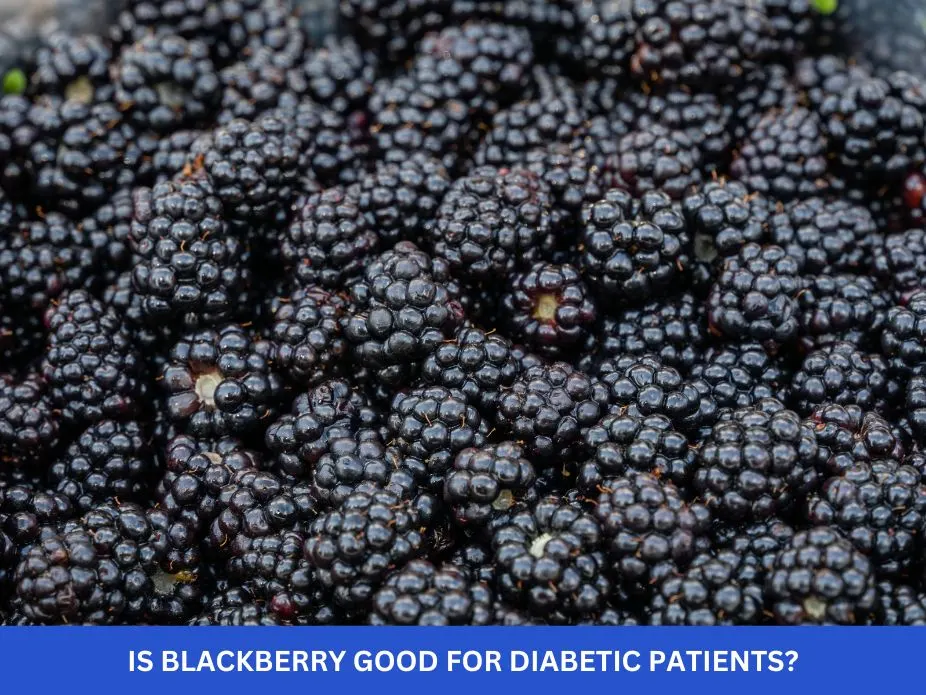Managing diabetes often involves careful dietary choices, and fruits can be a point of concern due to their natural sugar content. Grapefruit, with its unique tangy-sweet flavor, raises the question: is it a suitable choice for people with diabetes? This article explores the potential benefits and risks of grapefruit consumption for individuals managing diabetes.
Understanding Grapefruit’s Nutritional Profile
Grapefruit is a citrus fruit packed with nutrients, including:
- Vitamin C: A powerful antioxidant that supports immune function.
- Fiber: Aids digestion, promotes feelings of fullness, and can help regulate blood sugar levels.
- Potassium: An essential mineral that helps regulate blood pressure.
- Naringin: A flavonoid with antioxidant and anti-inflammatory properties.
Potential Benefits for Diabetics
Several studies suggest that certain components of grapefruit may offer benefits for people with diabetes:
- Improved Insulin Sensitivity: Some research indicates that naringin may improve insulin sensitivity, which is crucial for managing blood sugar levels in Type 2 diabetes. This means the body’s cells respond more effectively to insulin, allowing glucose to enter cells for energy.
- Lowered Blood Sugar Levels: Studies have shown that grapefruit consumption may lead to modest reductions in fasting blood sugar levels. However, more research is needed to confirm these findings.
- Weight Management: Grapefruit is relatively low in calories and high in fiber, which can contribute to feelings of fullness and aid in weight management. Maintaining a healthy weight is essential for managing Type 2 diabetes.
- Antioxidant and Anti-inflammatory Effects: The antioxidants in grapefruit, including naringin and vitamin C, can help protect cells from damage and reduce inflammation, which are important factors in diabetes management.
Crucial Considerations and Potential Risks
Despite the potential benefits, there are important considerations for people with diabetes who are considering consuming grapefruit:
- Medication Interactions: Grapefruit can interact with several medications, including some commonly prescribed for diabetes, high blood pressure, and high cholesterol. These interactions can either increase or decrease the drug’s effectiveness, potentially leading to adverse effects. This is the most important factor to consider.
- Blood Sugar Monitoring: While some studies suggest a potential blood sugar-lowering effect, individual responses can vary. It’s crucial to monitor blood sugar levels after consuming grapefruit to understand how it affects you personally.
- Portion Control: Like all fruits, grapefruit contains natural sugars. Consuming large quantities can still impact blood sugar levels. Moderation is key.
- Grapefruit Juice vs. Whole Fruit: Whole grapefruit is generally preferred over juice because it contains more fiber, which helps slow down sugar absorption.
Real-Life Scenarios [Sunita Sharma]
- Sunita Sharma, who has Type 2 diabetes, was advised by her doctor to avoid grapefruit due to her cholesterol medication. She now opts for other citrus fruits like oranges and tangerines, which don’t have the same interaction risks.
Expert Contributions [Dr. Arun Gupta]
Dr. Arun Gupta, a leading physician, emphasizes the importance of consulting a healthcare professional before incorporating grapefruit into a diabetes management plan. “The potential for medication interactions is a significant concern,” he states. “It’s crucial to ensure that grapefruit won’t interfere with any existing medications.” He also advises patients to monitor their blood sugar levels closely if they do consume grapefruit.
Recommendations Grounded in Proven Research and Facts [Dietician Priya Khanna]
Dietician Priya Khanna recommends focusing on a balanced diet rich in various fruits and vegetables for optimal diabetes management. She suggests that if a person with diabetes wants to include grapefruit, they should do so in moderation and under the guidance of their doctor or a registered dietitian. She also emphasizes the importance of choosing whole fruit over juice and monitoring blood sugar levels.
Factual and Reliable Information
This article is based on information from reputable sources, including:
- American Diabetes Association (ADA): https://www.diabetes.org/
- National Institute of Diabetes and Digestive and Kidney Diseases (NIDDK): https://www.niddk.nih.gov/health-information/diabetes
- Mayo Clinic: https://www.mayoclinic.org/
- U.S. Food and Drug Administration (FDA) on grapefruit and drug interactions: https://www.fda.gov/consumers/consumer-updates/grapefruit-juice-and-some-drugs-dont-mix
Meta Title and Description
Meta Title: Grapefruit and Diabetes: Safe or Risky? | Benefits & Interactions
Meta Description: Can diabetics eat grapefruit? Explore the potential benefits, risks of medication interactions, and expert advice for managing diabetes.
Frequently Asked Questions (FAQ)
Can grapefruit lower blood sugar?
Some studies suggest a potential modest blood sugar-lowering effect, but more research is needed. Individual responses can vary.
Does grapefruit interact with diabetes medications?
Yes, grapefruit can interact with several medications, including some used for diabetes, high blood pressure, and high cholesterol. This is a critical concern. Always consult your doctor before consuming grapefruit if you are taking any medications.
Is grapefruit juice okay for diabetics?
Whole grapefruit is generally preferred over juice due to its higher fiber content, which helps slow down sugar absorption.
How much grapefruit can a diabetic eat?
If your doctor clears you to consume grapefruit, moderation is key. A small portion is recommended.
What are the symptoms of a grapefruit-drug interaction?
Symptoms can vary depending on the specific medication. It’s crucial to consult your doctor or pharmacist to understand the potential risks.
What other fruits are good for diabetics?
Berries, apples, oranges, and peaches are good choices in moderation. Focus on whole fruits and consider portion sizes.
Should I avoid grapefruit completely if I have diabetes?
If you are taking medications that interact with grapefruit, it’s generally best to avoid it completely. Always consult your doctor for personalized advice.
This information is for general knowledge and informational purposes only, and does not constitute medical advice. It is essential to consult with a qualified healthcare professional for any health concerns or before making any decisions related to your health or treatment. The information regarding medication interactions is especially critical and requires professional medical guidance.



